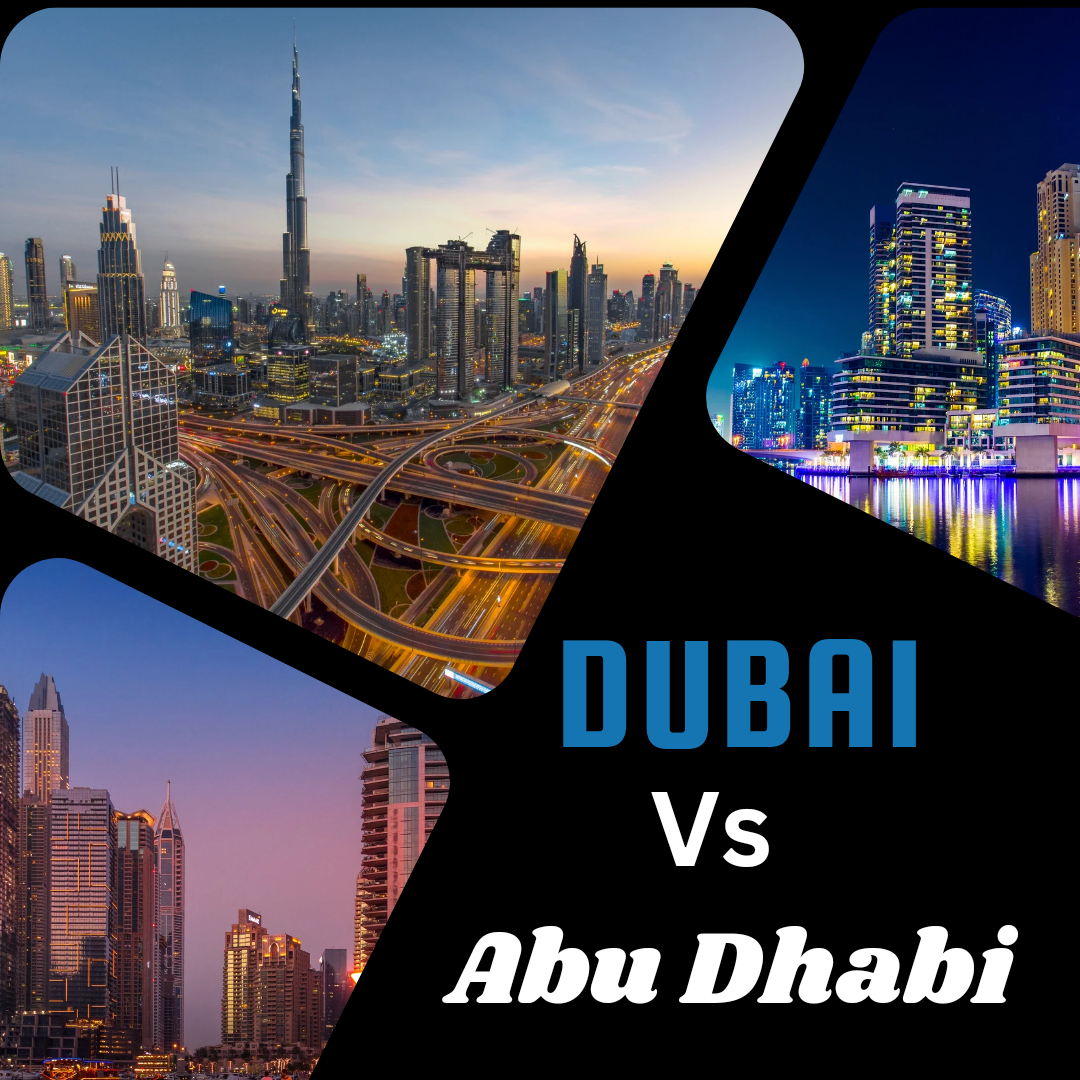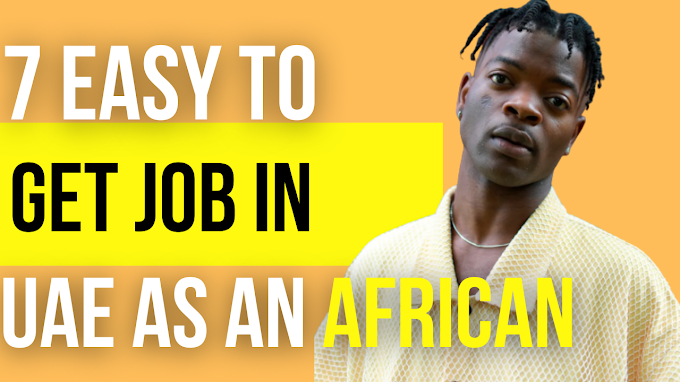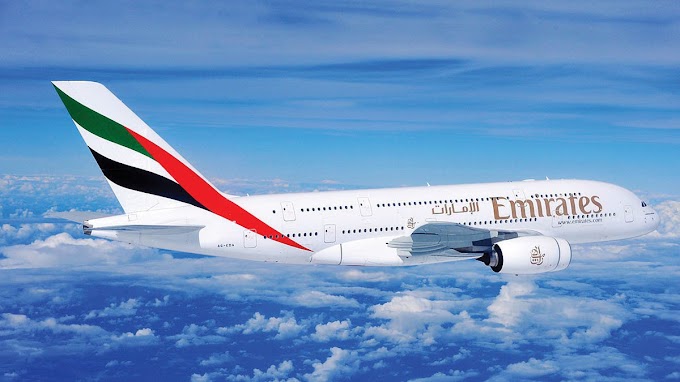When comparing Dubai and Abu Dhabi as potential job markets
for Afri
cans, here are ten key points to consider:
1.
Economic Opportunities: Both Dubai and Abu Dhabi
offer a range of economic opportunities, but Dubai has traditionally been more
commercially focused, with a thriving business environment and diverse sectors.
Abu Dhabi, on the other hand, has a strong presence in industries like oil and
gas, finance, and government-related sectors.
2.
Job Market Diversity: Dubai’s job market is
known for its diversity and openness, attracting professionals from various
backgrounds. This can be advantageous for Africans seeking opportunities across
different sectors. Abu Dhabi, while also offering job diversity, may have more
focused opportunities in specific sectors.
3.
Workforce Demand: Dubai’s job market often has a
higher demand for skilled professionals due to its rapid growth and numerous
ongoing projects. This demand can create more job openings and potentially lead
to quicker employment for Africans. Abu Dhabi’s job market may have slightly
less demand but is still robust.
4.
Specific Industries: Dubai has a well-developed
tourism and hospitality industry, which can provide job opportunities for
Africans with experience in these sectors. Abu Dhabi, on the other hand, has a
stronger focus on government, finance, oil and gas, and construction
industries.
5.
Networking Opportunities: Both Dubai and Abu
Dhabi have vibrant networking scenes with numerous professional events and
industry-specific gatherings. Dubai’s cosmopolitan nature may offer more
networking opportunities, connecting Africans with professionals from various
backgrounds and industries.
6.
Living Costs: The cost of living in Dubai tends
to be higher compared to Abu Dhabi. Accommodation, transportation, and other
expenses in Dubai can be relatively expensive. Abu Dhabi, while still a major
city, may offer a slightly lower cost of living, providing Africans with
potential savings.
7.
Cultural Environment: Dubai is known for its
cosmopolitan and multicultural environment, attracting people from around the
world. The city’s diverse population creates a melting pot of cultures and
traditions. Abu Dhabi also has a multicultural environment, but it may have a
more traditional and Emirati-centric atmosphere.
8.
Business Setup: Dubai’s business setup processes
and regulations are often considered more flexible and straightforward, making
it easier for entrepreneurs and professionals to start their own ventures. Abu
Dhabi has its own business setup procedures, but they may have different
requirements and regulations.
9.
Proximity to Other Regions: Dubai’s location in
the UAE provides easier access to other regional business hubs and emerging
markets. It serves as a gateway to the Middle East, Africa, and Asia. Abu Dhabi
also offers regional connectivity, but Dubai’s established position as a global
business hub can provide more extensive opportunities.
10 Personal Preference: Ultimately, the choice
between Dubai and Abu Dhabi depends on personal preferences. Some individuals
may prefer the vibrant and fast-paced lifestyle of Dubai, while others may
appreciate the more relaxed and traditional ambiance of Abu Dhabi. It’s
important to consider one’s lifestyle preferences when making a decision.
It's worth noting that the job market and circumstances can
change over time, so it’s advisable to research the current market conditions,
job trends, and opportunities before making any decisions.












